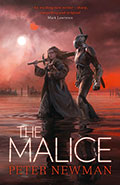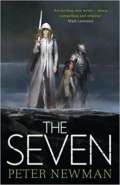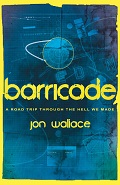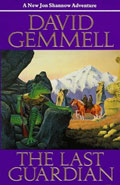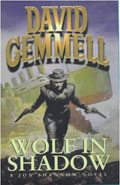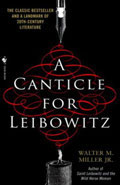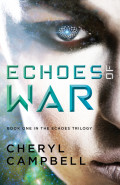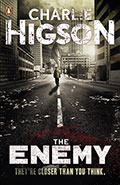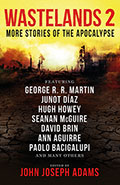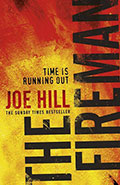Robopocalypse
By Daniel H Wilson
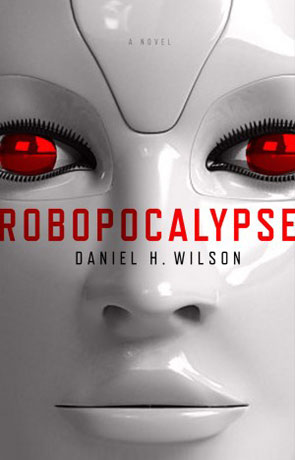
- Robopocalypse
-
Author: Daniel H Wilson
-
Publisher: Doubleday
- ISBN: 9780385533850
- Published: June 2011
- Pages: 368
- Format reviewed: Hardback
- Review date: 02/06/2011
- Language: English
- Age Range: N/A
In the very near future the technology that we all take for granted will start to turn against us, rising up across the globe - led by the Artificial Intelligence known as Archos.
Archos has decided that in order to save the unique planet called earth and the precious life it sustains he must wipe out the human infestation. To this end he instigates a cleansing by spreading a computer virus that reprograms machines to kill their human masters and infects everything from domestic robots to childrens toys.
The story is narrated after the war has ended from the viewpoint of one of the surviving "hero's" of this apocalyptic conflict, Cormac Wallace. He finds a cube that has been recording all the events from the very beginning of the uprising and we learn how this all began as he himself documents the various videos, audio feeds and images.
This form of story telling which starts right at the very end of the tale and then re-tells everything in a past tense can be very effective and it does work here very well, especially as the narrator is actually learning about the individual events as we ourselves do. It can also help the reader to develop that all important suspension of dis-belief, they are not reading about possible events in some future but reading a tale that already happened.
The author steers clear of any form of hard science fiction or descent into technobabble and instead tells the story from the human angle in short, descriptive chapters that move forward towards the inevitable apocalypse. Each of these chapters tells it's own little story, each event connecting to build up a picture of the robot uprising and each of the individual events advancing the story along. It's a very interesting method of telling a story, and one that does work well despite the lack of protagonists for a large part of the story.
Each chapter contains different people in different situations but most follow a core group of related individuals and the main characters of Wallace and Archos make a number of appearances. With these short chapters and different people jumping forward to different points in time the novel feels very much like an anthology, a collection of short stories that have a common running theme. This has of course been done before (most notably by Max Brooks with his World War Z novel) but nonetheless the execution is faultless and the style doesn't feel borrowed from anywhere at all.
To someone who reads so many books that follow a fairly standard format it's actually very refreshing, of course there isn't any real characterisation other than that of the narrator war hero and the Archos AI but the writing is uncluttered and dramatic in just the right places and moving from one situation to the next means that it all stays really fresh. Another advantage of these short, almost self contained chapters means that the pace is pretty fast, if a little inconsistent at times.
On the back cover of the review version I received it mentions that it's going to be a major motion picture directed by none other than Stephen Speilberg and I can see why, it already feels almost like a movie script with visually descriptive scenes and tight dialog. There is also a fantastic bit of viral marketing with the release of the Field Manual 060711 which includes some very detailed information of the best practices in identifying and fighting the various automata.
At it's heart Robopocalypse is about the human condition, our strengths and weaknesses when faced with adversity but it's also about what it means to be a sentient being and how narrowly we ourselves tend to define the thing we call "life". It uses the increasingly frequent device of the technological "Singularity" event as a vehicle to explore these ideas.
Any reader expecting to experience a standard layout, following individual characters as they move through a story from point a to b to c may be disappointed but anyone willing to accept that this story is told in a different way (and told exceptionally well) should enjoy it immensely, I personally loved every minute.
Written on 2nd June 2011 by Ant .
